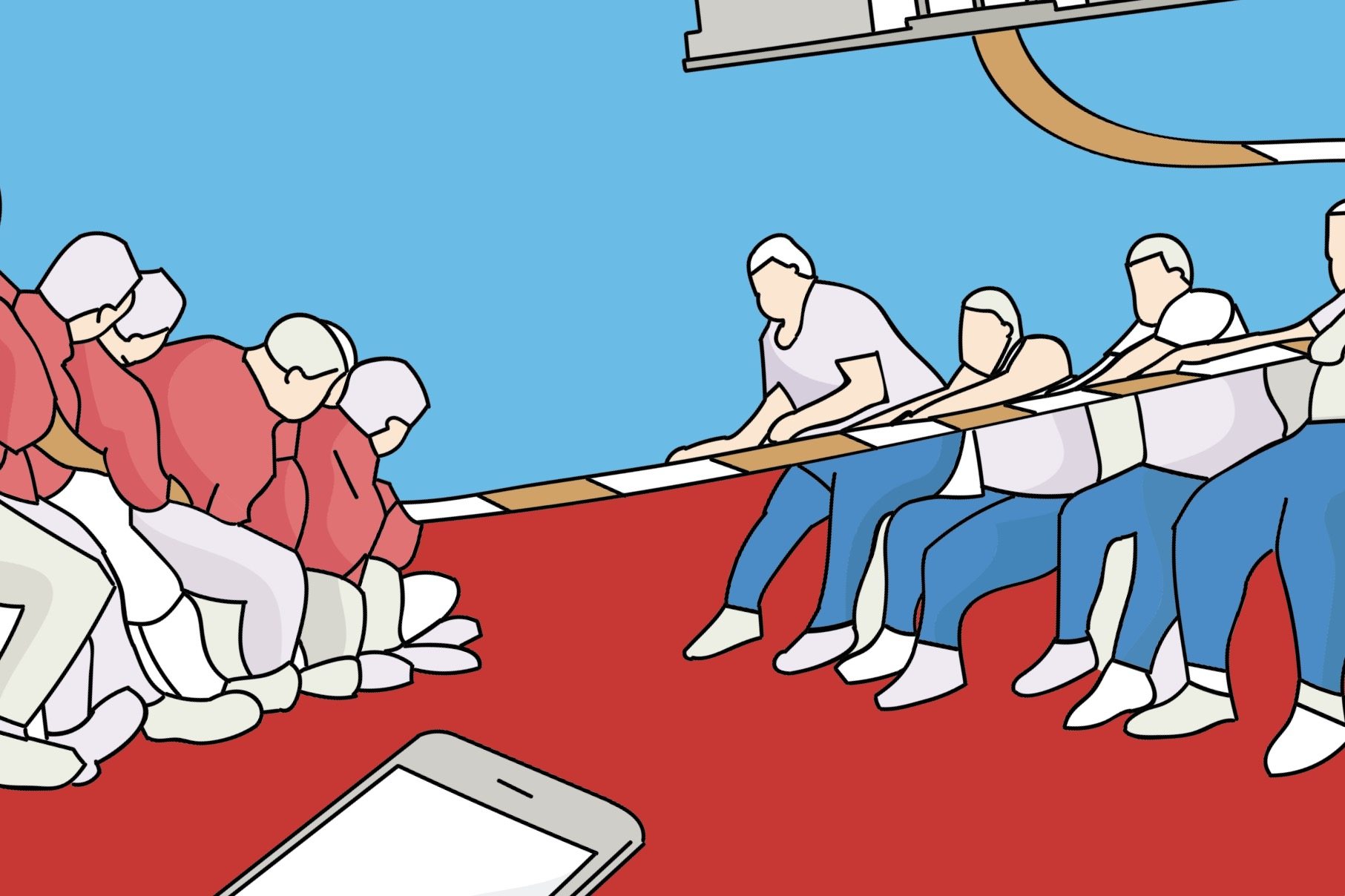Travel Megatrends 2017: Distribution Wars Have Moved Beyond Black and White

Skift Take
Hotel chains have been successful in driving more direct traffic and taking brand share away from the online travel agencies, but 2017 will say a lot about whether their strategies are sustainable. Will lower rates for loyalty program members impact profits? And how can the chains compete long-term with online travel agencies when the latter have much deeper marketing pockets?
[caption id="attachment_212320" align="alignright" width="240"] Download your copy of Skift Megatrends 2017[/caption]
This month we released our annual travel industry trends forecast, Skift Megatrends 2017. You can read about each of the trends on Skift, or download a copy of our magazine here.
Download Your Copy of Skift Megatrends 2017
In 2016 Hilton Worldwide and Marriott International launched their “stop clicking around” and “it pays to book direct” marketing campaigns respectively. That was the largest-ever campaign launched by Hilton in its 97-year history. Marriott's videos soared to seven million views on YouTube. The skirmish between the online travel agencies will evolve further in 2017, with each side vying for advantage.
Both parties know they need each other; the issue is under what economic terms and to what degree. Online travel agencies like Expedia especially, and Booking.com, need the big chains' lowest rates so the online travel age

